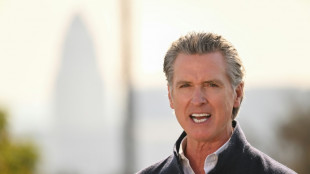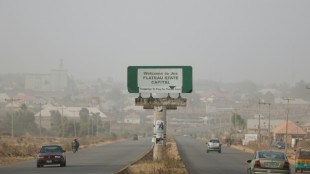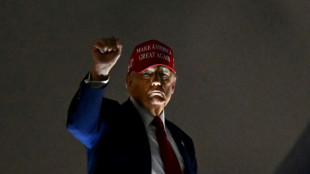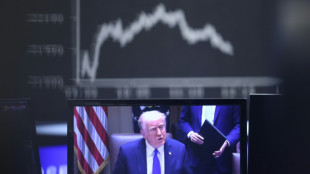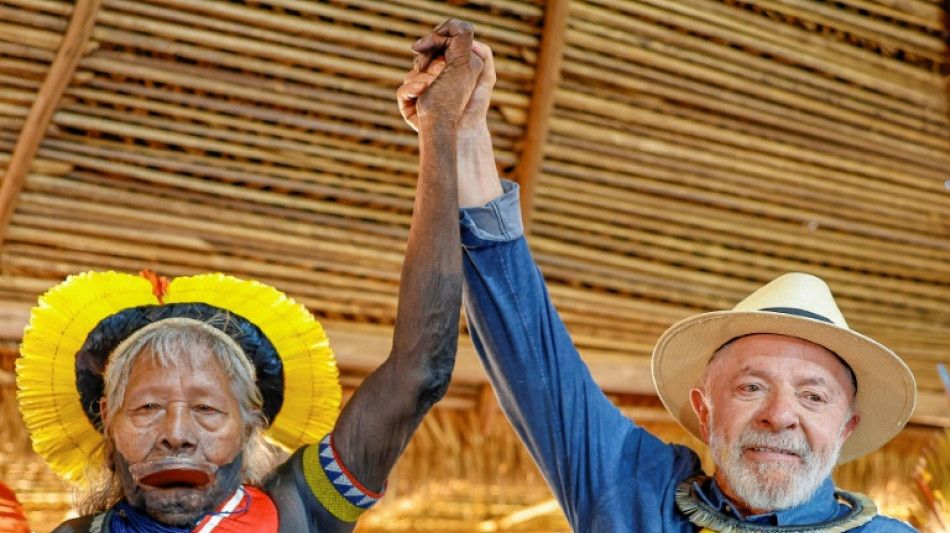

Lula admits 'still a lot to do' for Indigenous Brazilians
Brazilian President Luiz Inacio Lula da Silva admitted Friday that his government "still has a lot to do" for Indigenous communities battling for survival in the Amazon rainforest.
Lula, who will host this year's UN climate change conference in the Amazon city of Belem in November, made the remarks during a visit to the village of the Amazon's most famous resident and campaigner, Chief Raoni Metuktire.
Brazil's left-wing leader, who has made Amazon protection a key plank of his presidency, praised the "important role" played by Indigenous communities in the fight against climate change during his visit to the Capoto-Jarina Indigenous Territory in Mato Grosso state.
The meeting with Raoni, who has travelled the world to highlight the plight of the Amazon rainforest, comes days before thousands of Indigenous Brazilians gather in the capital Brasilia for a rally.
On returning to power in 2023, Lula resumed designating chunks of Amazon land as protected Indigenous territory, a process that had been halted by his far-right predecessor Jair Bolsonaro.
Indigenous leaders complain that the process has been too slow, however.
Official data shows that demarcated Indigenous territories, where deforestation is a crime, are far less susceptible to land clearance for agriculture and illegal mining.
Raoni also used the meeting to urge Lula to halt plans for a major offshore oil project at the mouth of the Amazon River which the left-wing president is pushing.
Lula argues that extracting the oil is key to the growth of Latin America's biggest economy.
Indigenous communities fear that that the project will cause irreversible damage to the rainforest and pollute rivers.
Climate campaigners meanwhile argue that it will push up Brazil's carbon footprint at a time of unprecedented warming, which scientists say fuelled devastating wildfires in the Amazon last year.
"I know that you are thinking of the oil that is under the sea," Raoni told Lula.
"But if things remain the same, we can protect the environment, with less pollution and warming," he said.
The project in the offshore area, known as the Equatorial Margin, is awaiting the green light from Brazil's environmental protection agency.
A.Rowais--al-Hayat

